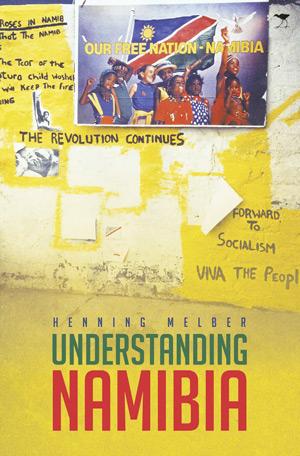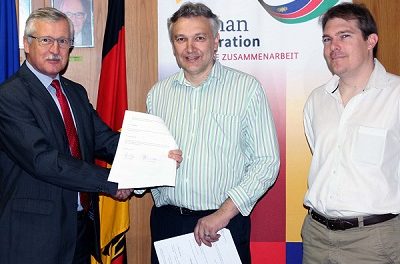
Transformation of society since Independence – New book launch

Noted scholar, academic and expert on Namibia, Dr Henning Melber has just released his most incisive work on Namibian dynamics since his early work as a research director.
Melber investigates whether, notwithstanding the relative stability prevailing to date, the negotiation of controlled change during Namibia’s decolonisation could have achieved more than simply a replacement of those in control.
“Henning Melber has unrivalled knowledge of Namibia since independence. This significant book offers an up-to-date and thoroughgoing analysis of the country and its prospects” commented Christopher Saunders, Emeritus Professor of History at the University of Cape Town.
While those in power declare their support for a free, fair and just society, the limits to liberation are such that emancipation from foreign rule has only partially been achieved. As a scholar activist who was part of the anti-colonial movement, Melber demonstrates this painful journey and the limits to liberation.
Henning Melber, the son of German immigrants to Namibia, joined SWAPO in 1974. He was Director of the Namibian Economic Policy Research Unit (NEPRU) in Windhoek, Research Director of the Nordic Africa Institute and Executive Director of the Dag Hammarskjöld Foundation, both in Uppsala. He is Senior Advisor to the Foundation and Extraordinary Professor at the Department of Political Sciences at the University of Pretoria and the Centre for Africa Studies at the University of the Free State in Bloemfontein.











































